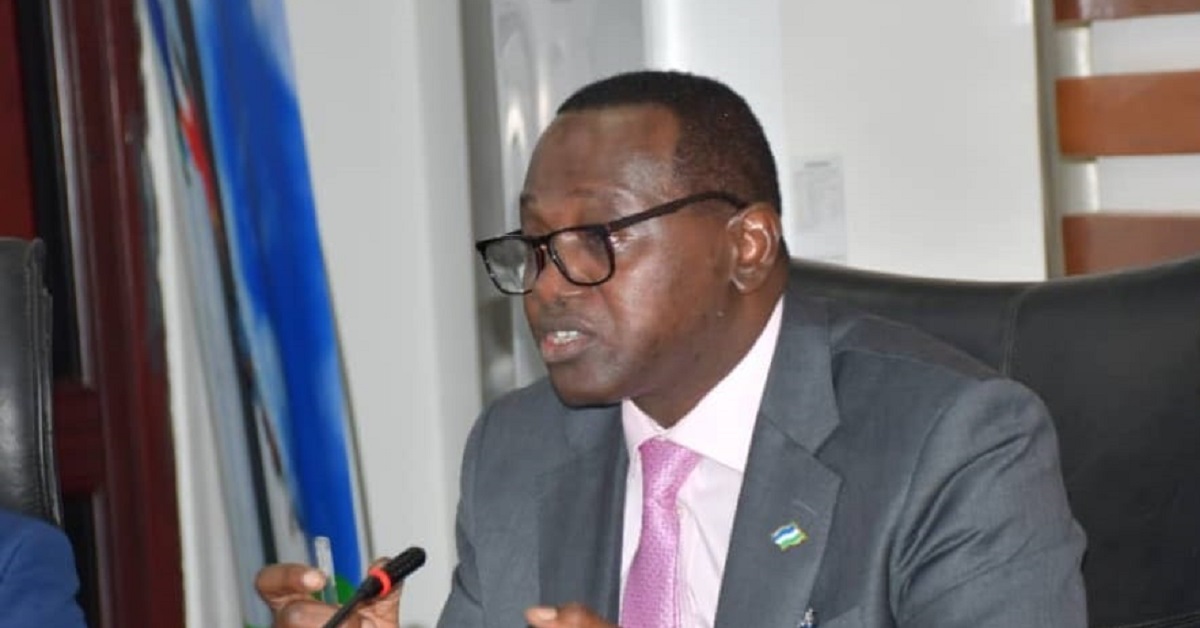Minister of Finance, Sheku A. F. Bangura, has issued a new directive to strengthen the management and control of government spending across all Ministries, Departments, and Agencies (MDAs).
The directive, approved by Cabinet on October 18, 2024, will take effect on January 1, 2025, and is aimed at ensuring fiscal discipline and compliance with the nation’s financial laws.
In an official memo dated October 21, 2024, Minister Bangura stressed the importance of adhering to the Public Financial Management (PFM) Act of 2016 and the PFM Regulations of 2018. He urged MDAs to operate strictly within their approved budget limits and avoid exceeding their annual or multi-year allocations.
The new directive sets out stringent rules to control public spending:
Strict Budget Compliance: MDAs are barred from making any financial commitments or payments beyond their approved budgets.
Full Compliance with Financial Laws: MDAs must strictly adhere to the provisions of the PFM Act, 2016, and the PFM Regulations, 2018, in their financial operations.
Accountability for Vote Controllers: Vote Controllers will be held responsible for managing and executing their budgets in accordance with their duties under the PFM Act.
Minister Bangura emphasized that these measures are crucial for consolidating recent fiscal and monetary policy gains, aiming to curb inflation, stabilize the exchange rate, and control prices of goods and services.
The directive also includes a stern warning: any MDA or Vote Controller found violating the PFM guidelines will face sanctions. These penalties, as outlined in the PFM Act of 2016, will be enforced based on reviews by the Public Accounts Committee. Audits of public accounts will determine if sanctions should be applied, with the Finance Minister’s office responsible for implementing any disciplinary actions.
Minister Bangura expressed confidence that all public financial management stakeholders will cooperate to ensure full implementation of the directive, which he believes is essential for maintaining economic stability and promoting fiscal responsibility in Sierra Leone.
The move is seen as part of the government’s broader efforts to strengthen financial oversight and prevent wasteful spending amidst ongoing economic challenges.











